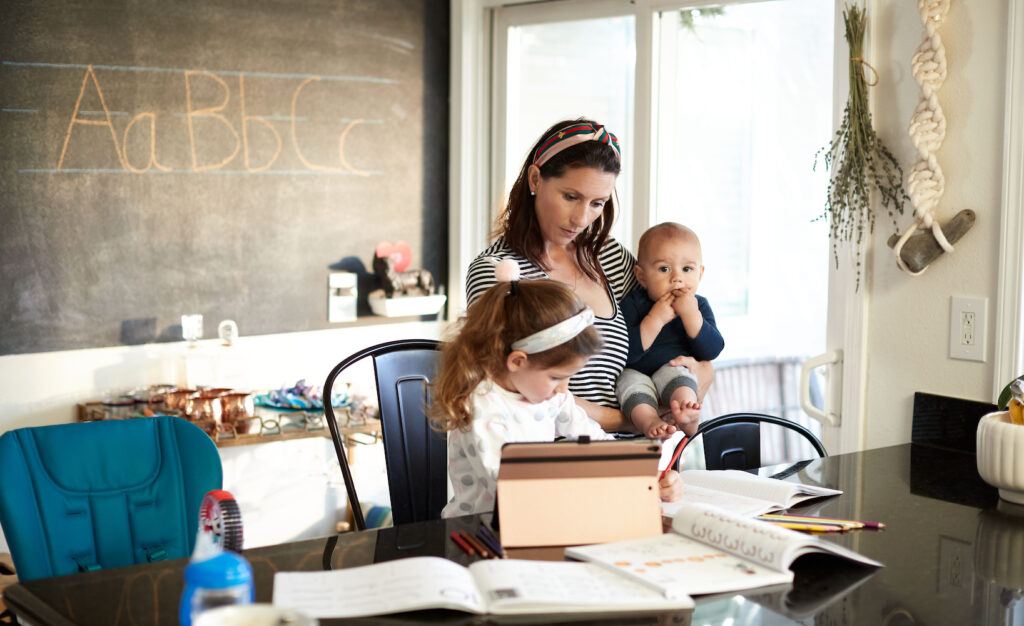Homeschooling is booming in Texas. Here’s why
The exodus from Texas’ public schools continues as more families are choosing to homeschool.
The Texas Home School Coalition (THSC) released new data that found more than 50,000 students…

The exodus from Texas’ public schools continues as more families are choosing to homeschool.
The Texas Home School Coalition (THSC) released new data that found more than 50,000 students annually are leaving their public schools in favor of homeschooling.
That’s up from 30,000 annually, down from a peak of 80,000 during the pandemic.
Jeremy Newman, vice president of policy and engagement at THSC, told The Lion why the homeschool movement is so successful in Texas.
“There’s the culture element and there’s also the legislative element. Legally speaking, the regulatory environment in Texas [has] very little barrier to entry,” he explained.
Texas also has social support for homeschool families.
“It’s easy for people to plug into a community where they live in most areas of the state,” Newman said. “There’s a support network for people who want to start homeschooling.”
While 15-20% of students who leave Texas public schools will later re-enroll, many never will.
According to THSC, families leave the public system for four main reasons:
- To provide moral and/or religious instruction;
- To alleviate concerns about the school environment (such as bullying or drugs);
- To seek higher academic standards; and
- To accommodate special needs.
“For most people, it’s usually not one thing,” Newman said. “It’s usually three or four things.”
Nationwide polling finds a wide political diversity among homeschool parents, and that holds true even in deep red Texas.
“[Homeschooling is] an antidote to a lot of different problems for a lot of different people from different backgrounds,” Newman explained.
He recalled how during the pandemic, some families left their public schools because they disliked the new restrictions while others left because they worried the safety measures were insufficient. And black families turn to homeschooling to escape hostility in the public school system.
“Regardless of what you think of all of those things, the point is people with those diverse backgrounds are experiencing problems in the system [and they] see homeschooling as the model to help solve that,” Newman explained.
After COVID, the Texas education landscape will likely never go back to the way it was.
“[Public schools are] going to have to figure out how to adapt to allow people to access public school resources and classes on a much more flexible basis or they’re just going to keep hemorrhaging students,” Newman said. “[People] don’t want to be told, ‘Here are three different buckets of education. You can pick the one you want.’
“[They want] to be able to go design a form of education and adapt it to the needs of their family. That means that instead of having two or three options to pick between, you have to have a continuum of options where people can plug in whatever form works best for their family.”
But even for parents who are dissatisfied with public education, making the leap to homeschooling can be daunting. But it doesn’t have to be.
“The data shows that homeschooling students perform above average academically regardless of their parents’ educational background,” Newman concluded. “So if you have a GED or if you have a PhD, it does not make any statistically significant difference.
“Your job as the homeschool parent is not to transfer all the knowledge from your head to your child’s head, which is what people think sometimes they’re supposed to do. Instead, your job is to create a learning environment where they want to learn.”



